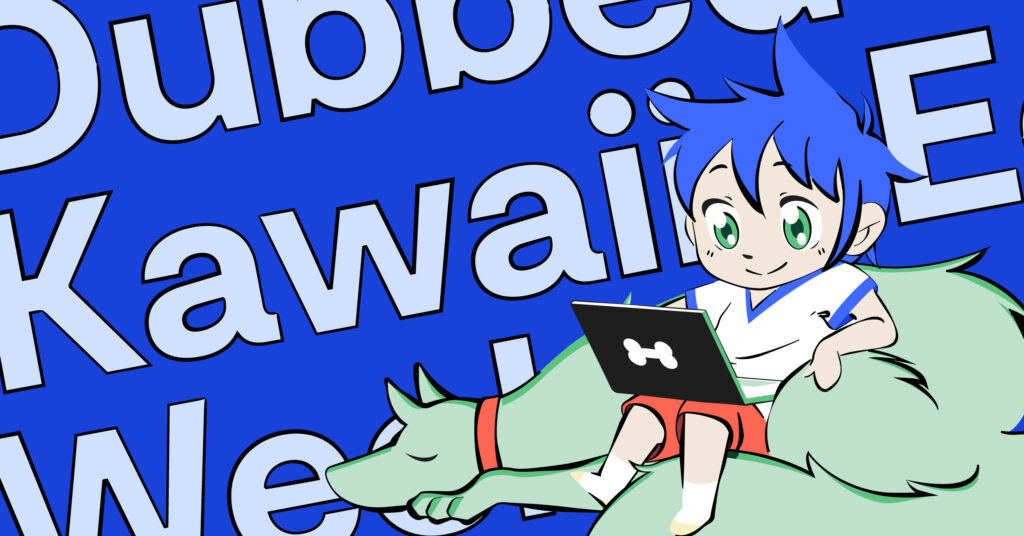
**Note: This list was updated on January 2, 2025.**
Do you ever feel like the slang your kid uses sounds like another language? Well, if your kid likes anime, there’s a good chance it actually is another language!
Anime is a specific type of cartoon that originated in Japan. In fact, “anime” is Japanese for “animation.” But its popularity has crossed the globe — and the U.S. is no exception. Anime has found a cozy spot in American culture and English-speaking fans wasted no time in adapting anime expressions into their vocabulary.
So for parents who have found themselves a little lost in their kid’s newfound interest, we’ve listed the most popular anime expressions with their definitions to help with the confusion. Most of the words are specifically Japanese words, but we also included a couple of English slang words that are associated with fandom as well.
Anime Slang to Know
Baka — A Japanese word meaning “idiot” or “stupid”. It can be used as an insult or in a playful manner.
Cosplay — Short for “costume play” and refers to dressing up as your favorite character from any show, movie, book, etc.
Daijōbu — A Japanese word for “okay” or “good.” Often used in the context of trying to cheer someone else up, like “it’s going to be alright”.
Dubbed — This is when a show or movie is voiced over with English-speaking voice actors.
Ecchi — This is a genre or characteristic of some anime content, which means it contains sexual content. The content is not technically pornographic (though anime pornography does exist, it’s called hentai) but if a show or movie says it has “ecchi,” that means it is not suitable for children.
Hentai — A genre of anime that is pornographic in nature.
Josei — A genre of anime intended for young adult women.
Kawaii — If something is “kawaii” (pronounced like Hawaii) that means it is cute or adorable.
Moe — Describes a cute character for which the viewer has intensely protective feelings.
Normie — A popular person with no niche interests or hobbies.
Otaku — This is a Japanese word for “nerd” or “geek,” specifically referring to someone who has no social life due to an obsession with a hobby. Hardcore anime fans refer to themselves as “otaku.”
Seinen — A genre of anime intended for young adult men.
Shojo — A genre of anime intended for teen and tween girls.
Shonen — A genre of anime intended for teen and tween boys.
Sugoi — A Japanese word for “amazing” or “great”. It’s often used when a character is surprised or impressed.
Tomodachi — A Japanese word for “friend”.
Ureshiii — A Japanese word for “happy” or “glad.” Usually used when a character is extremely happy or relieved.
Waifu — Describes a fictional character that the viewer has great, and sometimes romantic, affection for.
Weeb — This can just refer to someone who likes anime. However, depending on the context, it can also be used as an insult.
Yaoi and yuri — A genre of anime that focuses on LGBTQ+ romance.
And So Many More …
This anime slang list might seem long, but there are certainly loads more anime expressions that are not listed here. It’s no reason to stress, however, because most anime slang is easier to learn in context. So we encourage parents to sit down and watch anime with their kids, that way you can learn the anime slang together. But we hope this list served as a good intro into the basics to get you started.
And as always, Bark can help keep your kids safe, whether they're watching or talking about anime, through content monitoring, web blocking, location tracking, and more!
Read more
Bark helps families manage and protect their children’s digital lives.





